Shorter Mortgage Term versus Overpayments
The decision to choose between a shorter mortgage term and overpaying on a mortgage can have a significant impact on your financial future. Both options come with their own set of benefits, and understanding them can help you make an informed choice. Let's delve into the advantages of each approach.
Opting for a shorter mortgage term offers several benefits. Firstly, it allows you to become debt-free sooner. By reducing the term from, say, 30 years to 25 years, you can save a substantial amount on interest payments over the life of the loan.
Another advantage of a shorter mortgage term is the increased equity you build in your home. As you pay off the principal faster, you gain more ownership in your property. This equity can provide financial security and flexibility, enabling you to tap into it for future endeavours such as home renovations, educational expenses, or retirement. It could also increase your chances of getting a better deal in years to come with lenders as the amount of equity increases quicker making it a more secure and attractive proposition to a lender.
On the other hand, overpaying on a mortgage has its own merits. One of the key benefits is flexibility. By making additional payments on your mortgage, you have the freedom to adjust your repayment strategy according to your financial situation. In months when you have extra income, you can contribute more towards the principal, thus reducing the interest paid and shortening the overall term.
Conversely if for some months you have some higher unexpected costs for example you could reduce or cease the overpayments. Some lenders even allow you to ‘borrow back’ any overpayments you have made.
An alternative to this could be to have an ‘offset’ mortgage. This is where you have a linked current or savings account and by having money in that account reduces the interest you pay on your mortgage. This can have the effect of reducing the mortgage term (or you can elect it to reduce the mortgage payments). The ‘offset’ option would also mean you have the funds at hand to take out should you need it.
Overpaying on a mortgage also allows for liquidity. While a shorter mortgage term accelerates debt repayment, it ties up a significant portion of your monthly income. By overpaying, you can strike a balance between reducing debt and maintaining a comfortable cash flow. This approach offers peace of mind, as you have readily available funds for unexpected expenses or investment opportunities.
Ultimately, the decision between a shorter mortgage term and overpaying on a mortgage depends on your personal financial goals and circumstances. If your priority is to become debt-free quickly and save on interest, a shorter term may be the ideal choice. However, if flexibility and liquidity are important to you, overpaying on a mortgage can provide the necessary financial agility. Consulting with a good knowledgeable mortgage adviser can further assist in determining the best approach for your specific situation.
So who knows? Maybe you could be paying your mortgage off sooner than you think and give yourself the financial freedom to live and enjoy life as you’ve dreamed of.

